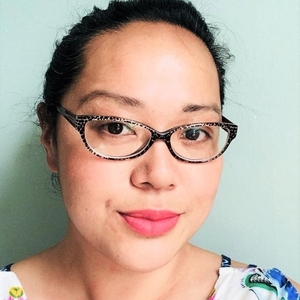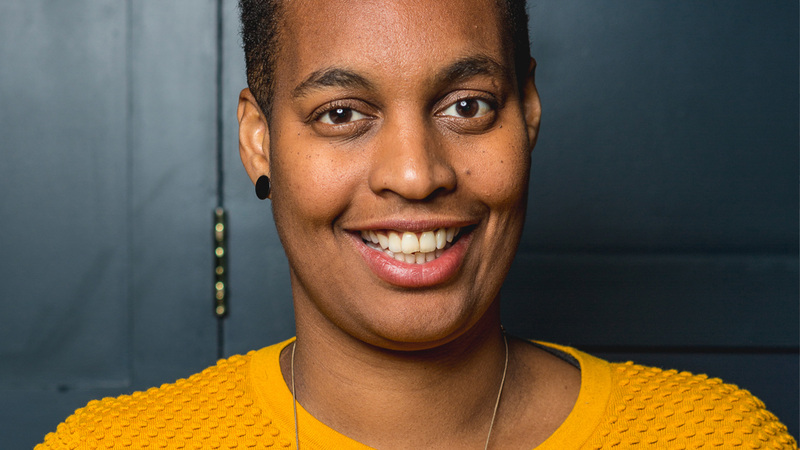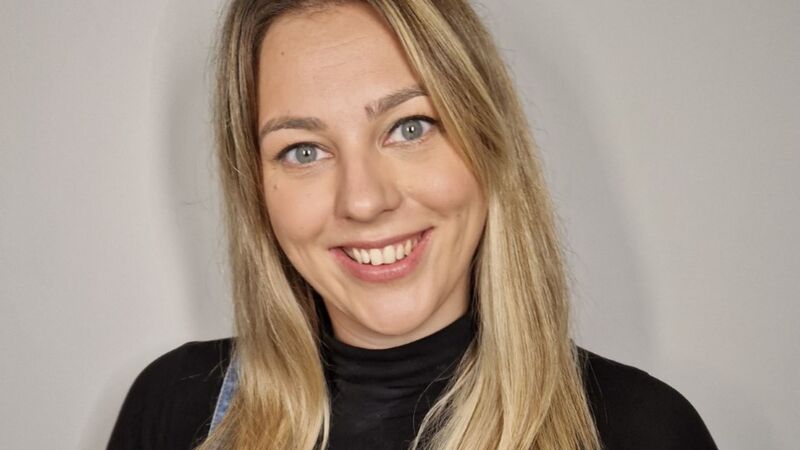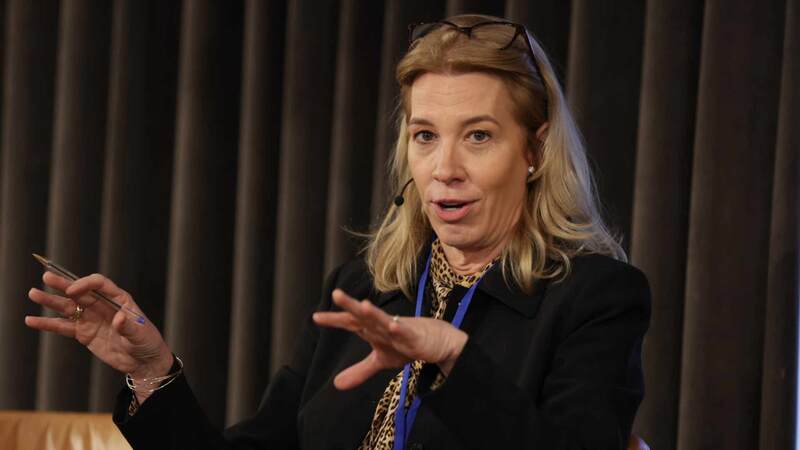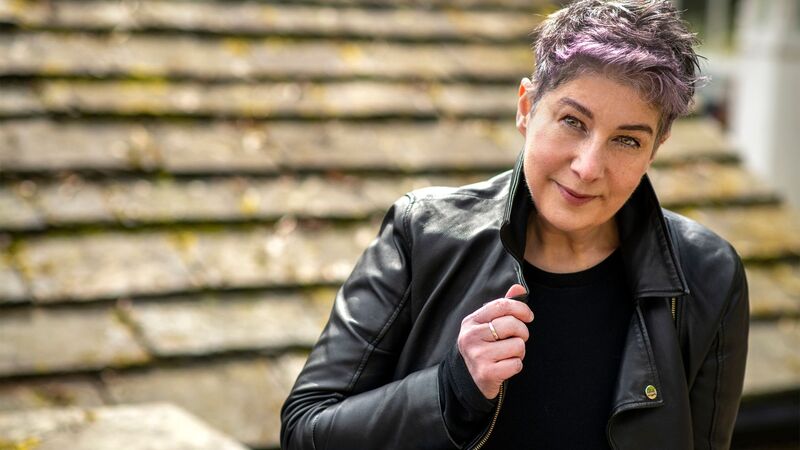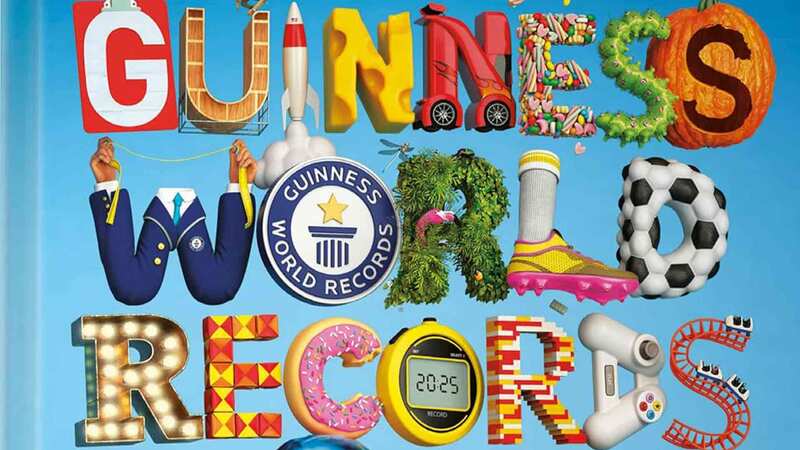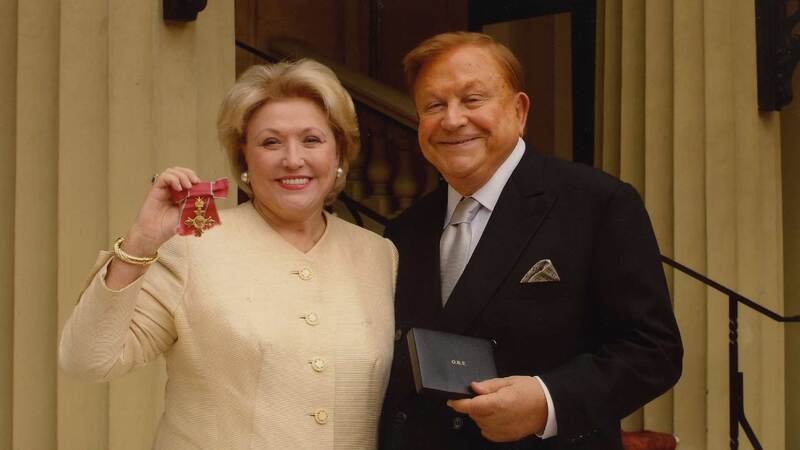You are viewing your 1 free article this month. Login to read more articles.
It all adds up
Children’s books can be a powerful tool in helping to shift British Chinese stereotypes.
It was recently announced that my debut novel Danny Chung Does Not Do Maths has been awarded the 2022 Branford Boase Award for the year’s outstanding debut novel for children. It has also been the recipient of the Jhalak Children’s and YA Prize, which celebrates books by writers of colour.
Obviously I’m delighted, and the exposure these awards will give Danny and his message means a lot to me. I was inspired by many things when writing this book, but it began when my friend’s grandma, aged 92, arrived in Birmingham from a village in China. I wondered what she could do to make friends and imagined her playing bingo. I was also influenced by my own children. I wanted to have relatable and down-to-earth characters that sounded and acted like real people. I wanted to centre a British Chinese protagonist, but at the same time, have Danny be just a regular kid who just didn’t like maths and wanted to focus on something else. I sought to examine stereotypes and negate some whilst adding nuance to others.
CLPE’s Reflecting Realities reports have noted instances of problematic portrayals of East Asian characters in children’s books in the UK and that the volume of presence of characters of this demographic has been significantly low. I think there are a few reasons for the lack of East and Southeast Asian (ESEA) characters in children’s literature. I think publishers in the past didn’t think there was a market or readership for books and so didn’t commission or acquire those titles. Also, there are few British Chinese and other ESEA heritage people attempting to become authors. I can assume that in the past, career choices and perhaps family expectation may have had something to do with that because it’s not an easy path to take and often there is little money involved unless you become a bestseller or household name. I hope winning these prizes will show other ESEA writers that it’s possible to be published and be recognised for your work.
Perhaps my book might help a British Chinese child feel seen for the first time in British children’s literature? That’s my personal hope.
Also, I think that publishing is only just now recognising that ESEA people are not a monolith. Now, the push for "diversity and inclusion" – as a response to the CLPE Reflecting Realities report and other studies – has contributed to publishers looking for authors and books that feature "diverse" characters and experiences.
It was important for me to show that Danny is a regular kid – he isn’t the math genius, hard-working geek that you sometimes see in children’s books, always wearing glasses (there is nothing wrong with wearing glasses, I wear glasses but it’s a common image). British Chinese children face microaggressions and assumptions about their culture, food, home life and interests, when a lot of the time, they’re very British! I believe there is Britishness to my book which feels inclusive even though most of the characters are not white.
The main stereotype that I address is the one that depicts all Chinese people as good at maths. I know plenty of Chinese people who aren’t good at maths! I think the main thing that I do is to bring awareness to the stereotype and then show how we’re not all the same. That there are all kinds of Chinese people and all kinds of Chinese lives.
I wanted to write something uplifting and full of hope rather than something infused with trauma. I believe that Danny Chung Does Not Do Maths is an important part of the children’s literary landscape now because it was published at a time where hate crimes against ESEA people were high after Covid-19. Anti-Chinese messages and physical violence happened all over the world. It was also a book influenced by Brexit and the idea that immigrants are a threat.
Children’s literature is often full of hope and a good story is key. But if I can use my work to highlight some issues too, then I feel like I can make a difference.
I want my book to be in schools because perhaps it might just help someone have a little more empathy towards someone who is often deemed as "other" in the media. Perhaps my book might help a British Chinese child feel seen for the first time in British children’s literature? That’s my personal hope anyway.
I’d love to see more ESEA writing that features ESEA characters in all genres – romance, crime, thrillers, etc. Where the fact they’re from a ESEA background is not the main focus. My new book, Keep Dancing, Lizzie Chu is about a young carer and her identity is not really the focus of the book. She’s British Chinese but the main story is about her relationship with her grandfather and the road trip she wants to take him on.
I know other ESEA authors are writing for children and young people and being published too. This year alone we’ve seen a rise in YA ESEA books with debuts from Cynthia So, Ann Sei Lin and Eva Wong Nava who are all based in the UK. Things are changing as I know quite a few ESEA writers now with agents. It’s taken a long time, but changes are coming, and I am proud that Danny Chung has played a part in that.
Danny Chung Does Not Do Maths and Keep Dancing, Lizzie Chu are published by Piccadilly Press.
